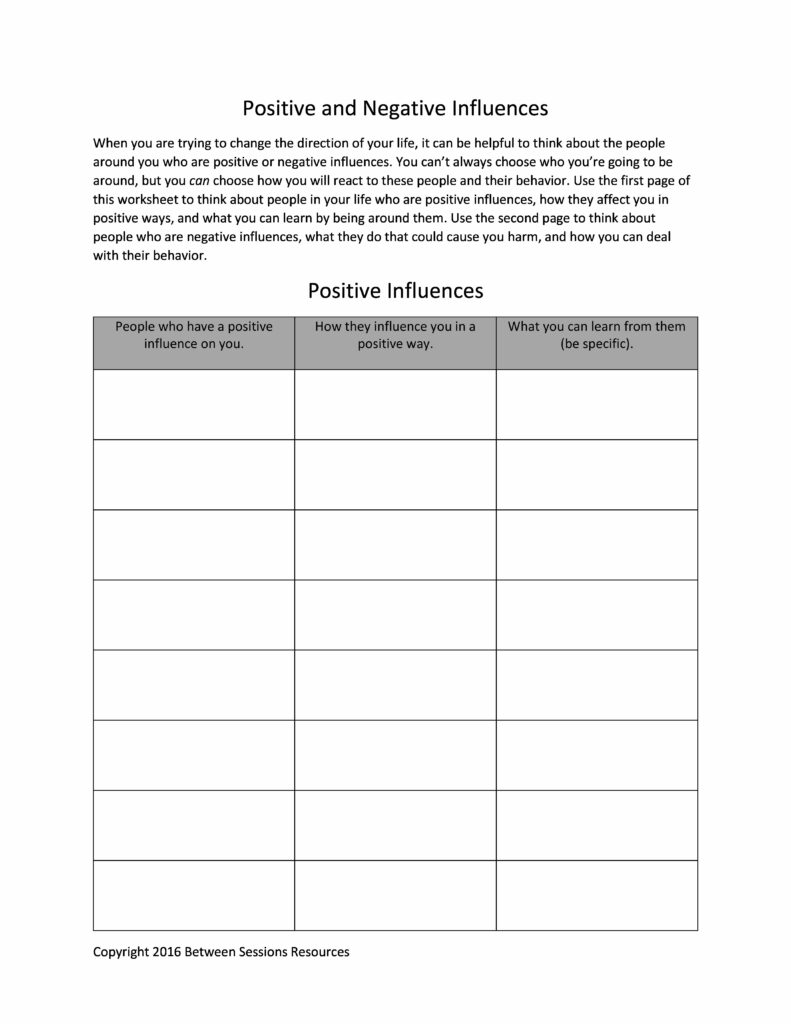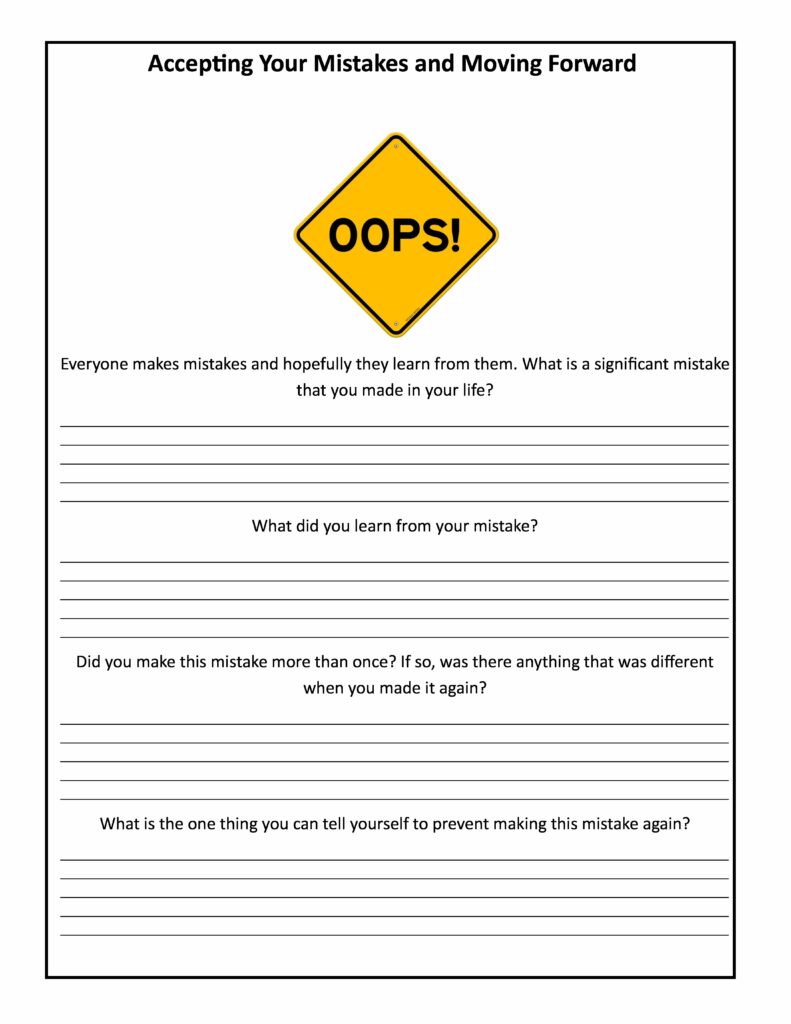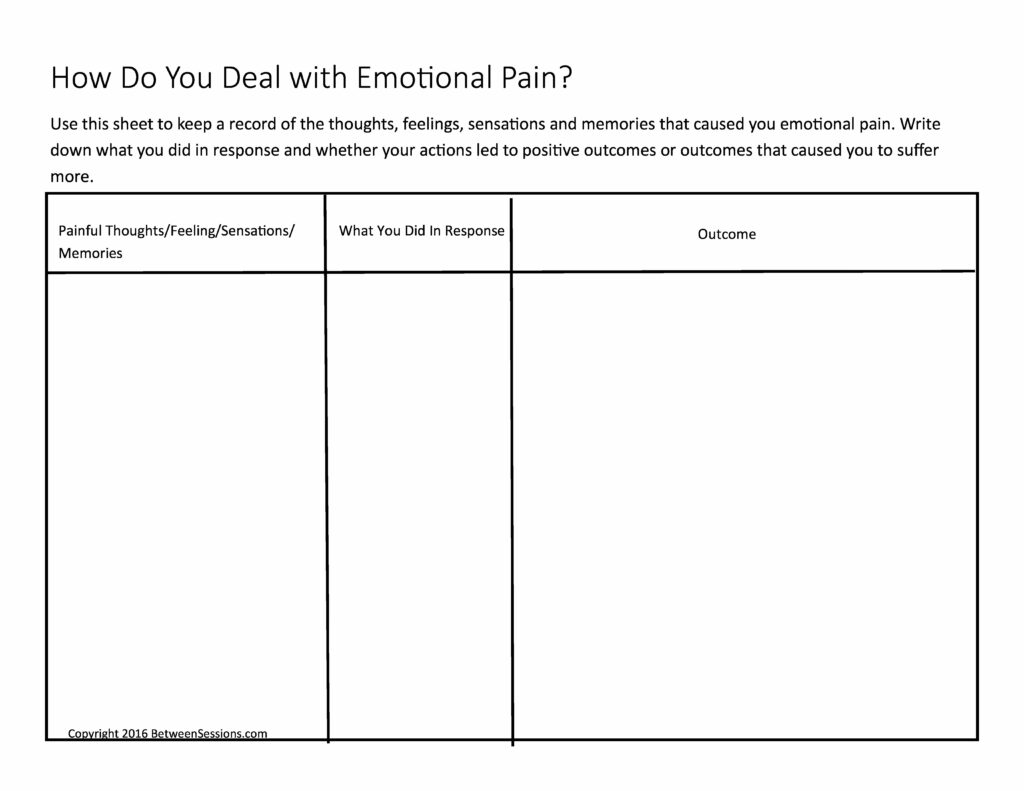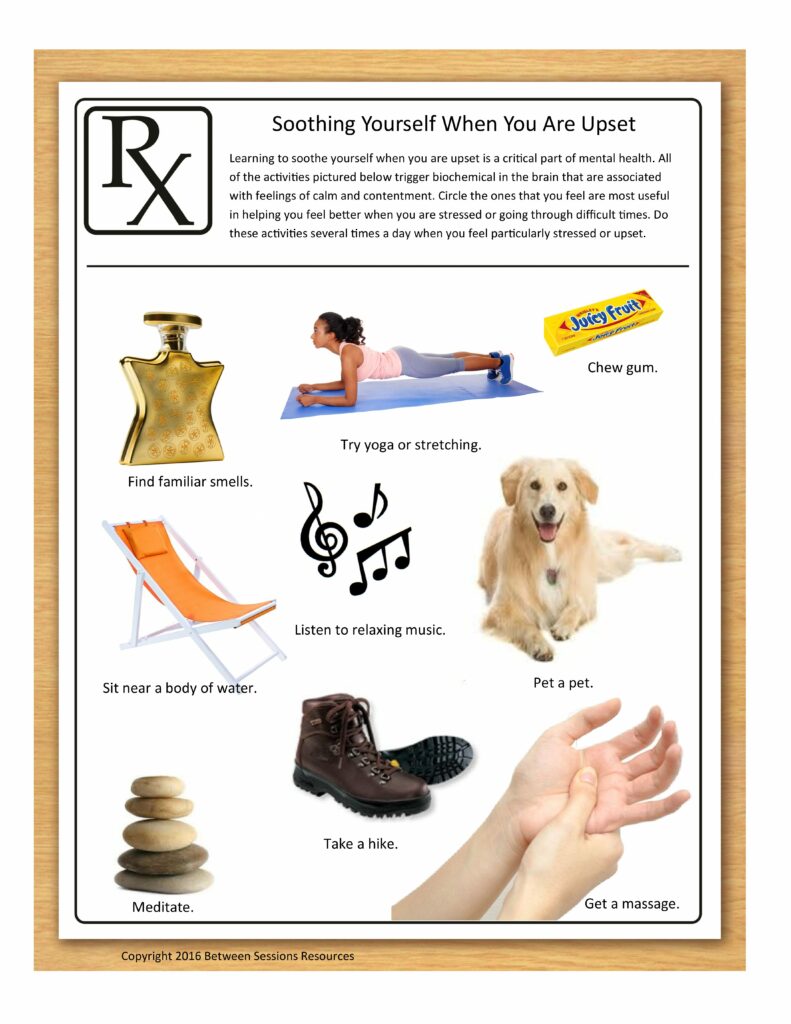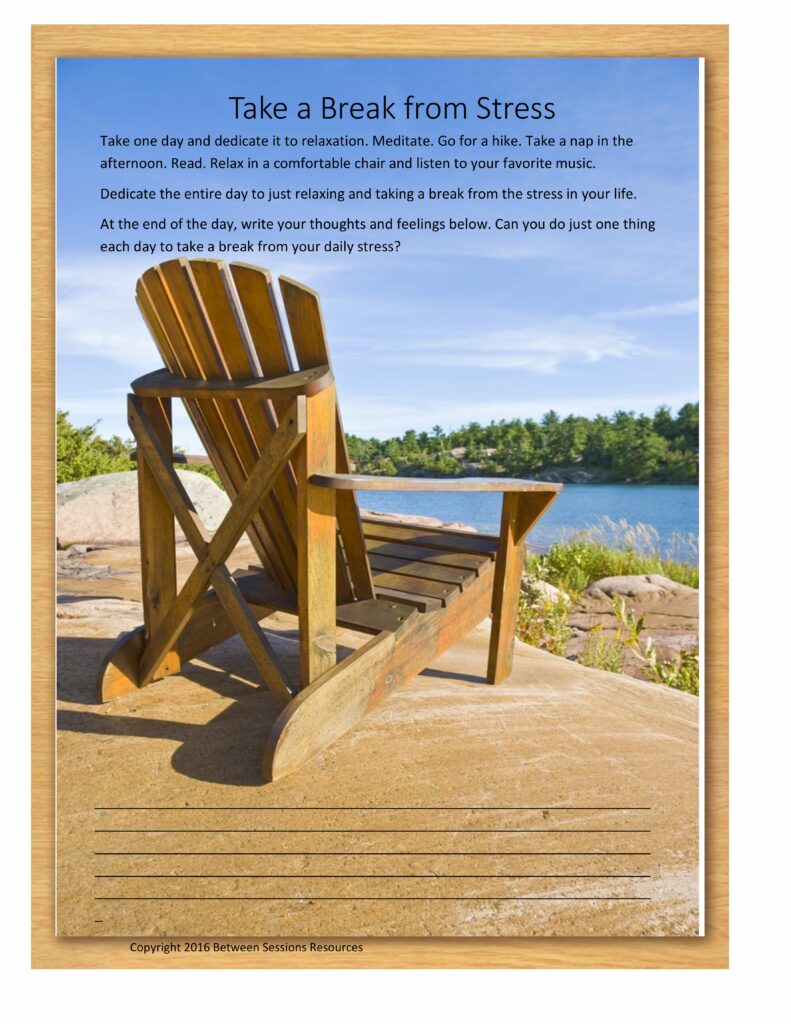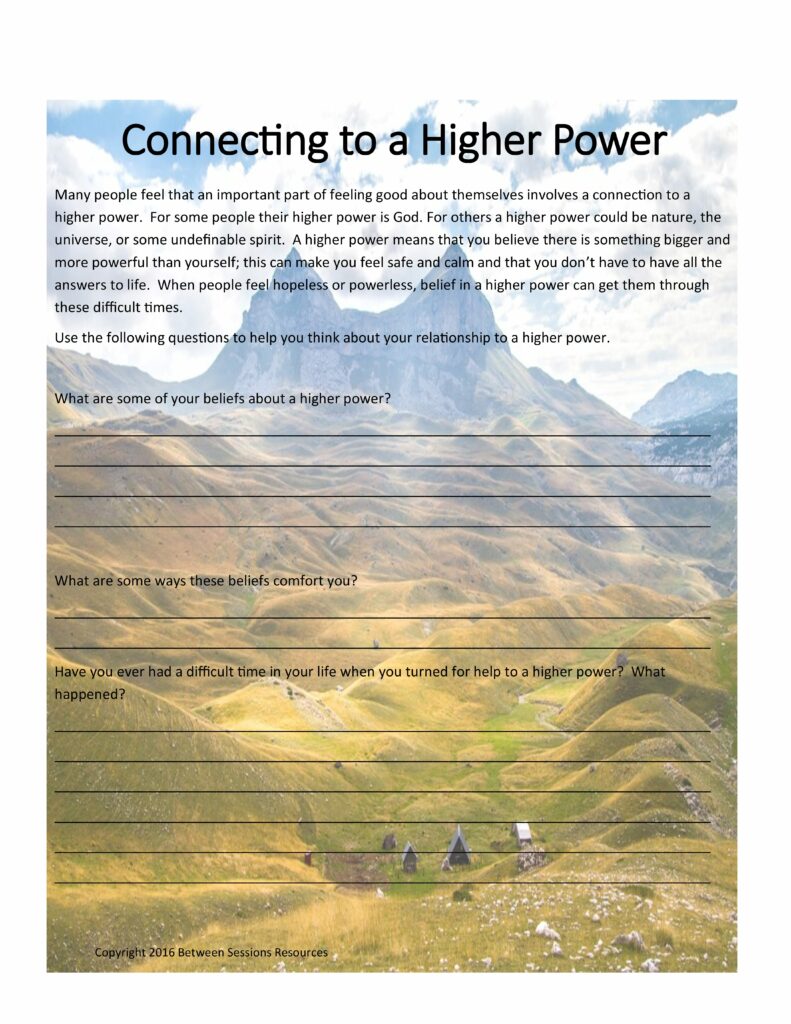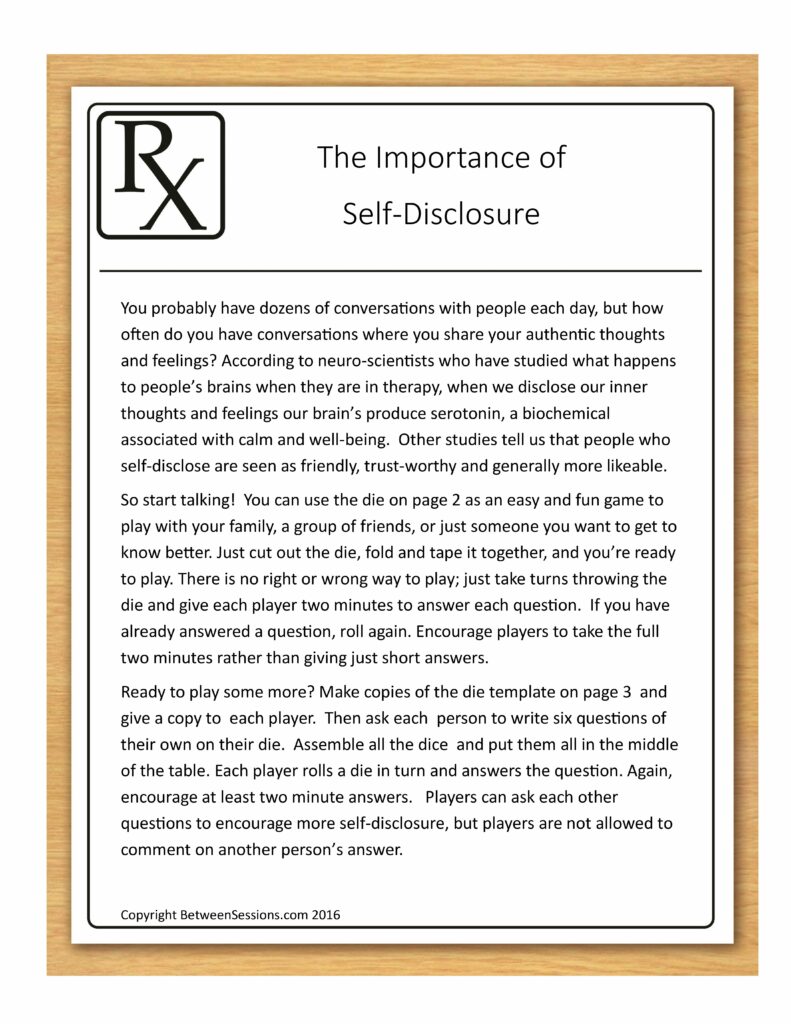Teens have a special way of communicating and learning about themselves, so we’ve made sure that all our therapeutic activities for teens are appealing and engaging to this age group.
To modify the tools, click the ‘Send to Client’ button by each tool to open the Psychology Forms Filler. You can then edit the tool as you see fit and either print it out or send it to a client to be filled out online. Click here for a tutorial on using the Psychology Forms Filler.
We’ve tried to address every teen issue we can think of, and more tools are added every week!
If you are looking for something you can’t find on this site, please let us know by clicking here and our team of writers, graphic artists, and therapists will custom-design it for you.
This worksheet is intended to help people make compromises rather than be stuck between two extreme positions. (DBT, CBT, problem-solving, 0216)
This worksheet is intended to help people evaluate others around them who are positive and negative influences, and to see how these people can benefit or harm them. (peer pressure, addictions, social intelligence)
This worksheet is designed to help people understand factors that led to a significant mistake and to identify what they can do differently to avoid repeating this mistake.
This mini-poster reminds us about the importance of showing that you care. PDF (0316, emotional intelligence, caring)
This worksheet can be used to help people record the thoughts, feelings, sensations, and memories that caused them emotional pain as well as to note what behavioral responses are triggered and whether these were positive or negative. PDF (0316, DBT, Emotional Regulation)
Learning to calm down when you are upset is a critical part of emotional intelligence. This worksheet shows seven activities that trigger the production of biochemicals which calm the mind and body A second page asks people to keep track of which activities they use and how these activities affect their mood. (0316, DBT, ACT, emotional regulation)
Take a vacation from stress and dedicate just one day to living “stress free.” Sometimes this is harder than you think! At the end of the day, think about how you were able to create stress-free time, and how you can apply this to your normal life. Stress is a normal part of life and learning to control and cope with stress is an important part of good mental health.
This worksheet is designed to help people think about what is really important for them to communicate to others. It asks people to design a billboard for the world to see and to identify one specific person they want to read it. PDF (0316, art therapy, communication)
Many people feel that an important part of feeling good about themselves involves a connection to a higher power. For some people their higher power is God. For others a higher power could be nature, the universe, or some undefinable spirit. This worksheet is designed to help people think about their relationship to a higher power and how this brings meaning and purpose into their lives. (spirituality, 0316)
This simple game is designed to help people reveal their thoughts and feelings to others and to reinforce the mental health benefits of self-disclosure. It consists of a die with six questions that can be printed and assembled. A blank template die can be used to custom-make other self-disclosure games. (0216, communication, social skills)


